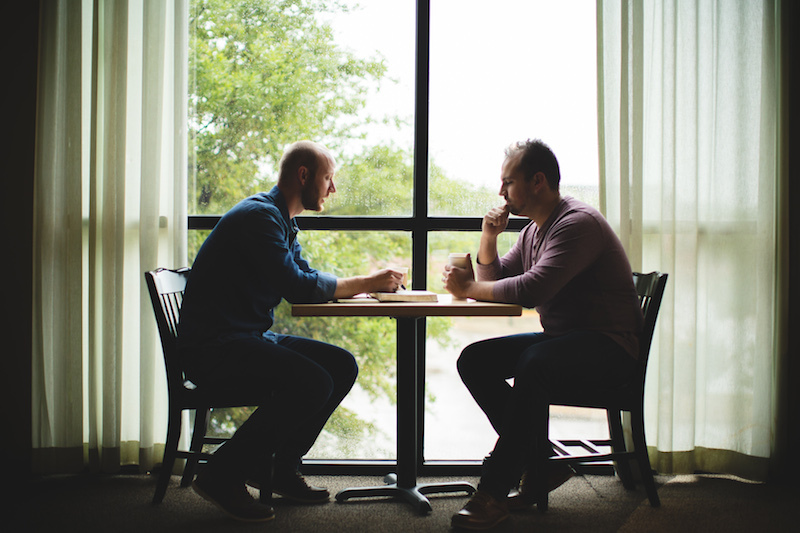
A college student from Georgia was forbidden from sharing his Christian faith with his peers in their campus. This happened on more than just one occasion and the suppression is now being looked into by the U.S. Supreme Court.
Atlanta News Now reports the first time Chike Uzuegbunam, a junior at the Georgia Gwinnett College (GGC), in Lawrence, GA was silenced. Summer of 2016, Uzuegbunam was giving out reading materials about his faith to fellow students when the campus police approached him. Campus police told Uzuegbunam that before he could evangelize, he needed to secure a permission first and that his proselytizing must be in a "free speech zone."
The young man obeyed the directive, but was soon told to stop preaching within school grounds also. According to the school officials, someone approached them and complained about Uzuegbunam's preachings.
Uzuegbunam did not believe their excuse.
"College officials didn't really care about where I was standing, they just didn't like what I was saying. So, they invoked these policies to silence me," he said.
In response to the school's maneuvers to hamper his freedom, Uzuegbunam filed a lawsuit against Georgia Gwinnett College at the US District Court. He said that his constitutional rights had been violated, CBN News reports.
Alliance Defending Freedom (ADF), a non-profit law firm for religious freedom represented Uzuegbunam. The firm argued that colleges must be held accountable by the courts whenever they cross the line of not respecting students' First Amendment rights.
ADF Attorney John Bursch stressed that officials must take responsibility for enforcing policies that curb students' freedom.
"Government officials must be held responsible for enacting and enforcing policies that trample students' constitutionally protected freedoms. If they get off scot-free, they or others can simply do it again," he said.
In their defense, the Georgia College filed a motion for the dismissal of the Uzuegbunam's First Amendment suit. They claim that the Christian student's expulsion was due to his provocative talk about the Gospel which led to "hostility" and "fighting words."
The Court's Verdict
The case was dismissed in 2018 by a federal court judge on the ground that GGC was able to settle the main issue. He also agreed on the College's motion.
They amended their speech policy to be more accommodating for students and outside speakers alike to freely speak on things that matter to them. Thus, the judge granted the College's motion.
Furthermore, a court order against the College would no longer be favorable for Uzuegbunam post his graduation, says U.S. District Judge Eleanor Ross.
"There is no reasonable expectation that he will be subjected to the same alleged injury again, such that the Court could grant him declaratory or injunctive relief," Judge Ross said.
She added that since the lawsuit, GGC had put on the work to revise its free speech policies and had also put employees in training. These, according to Ross, were enough proof that the college will not go back to its old repressive sanctions.
Nonetheless, ADF did not want to give up. On Jan. 12, 2019, they presented their arguments at the U.S. Supreme Court.
ADF General Counsel Kristen Waggoner argued before the Supreme Court that officials violating constitutional rights not only harms the victims, but also undermines the nation's early commitment to protect every citizen's constitutional right.
"Government officials shouldn't get a free pass for violating constitutional rights on campus or anywhere else. When officials engage in misconduct but face no consequences, it leaves victims without recourse, undermines the nation's commitment to protecting constitutional rights, and emboldens the government to engage in future violations."
TODAY Kristen Waggoner argues Uzuegbunam v. Preczewski before the Supreme Court. Stay tuned on social media to hear how courts can hold government officials accountable when they violate constitutional rights. #SCOTUS #CampusSpeechMattershttps://t.co/omQUHhvLlh pic.twitter.com/hV07orbzvz
"” Alliance Defending Freedom (@AllianceDefends) January 12, 2021





























